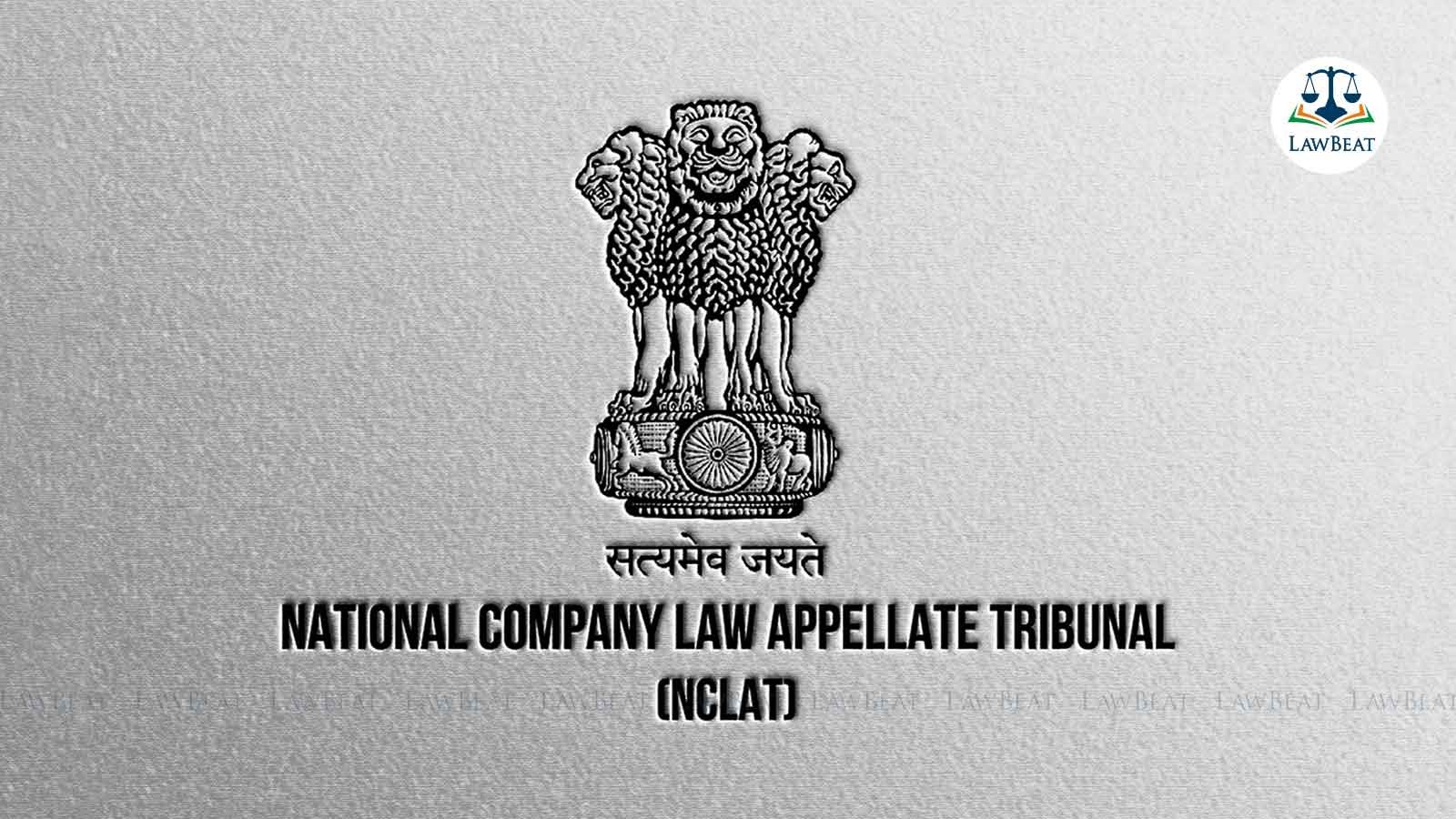Oppression Does Not Necessarily Involve Obtaining Pecuniary Benefit; It Can Be to Obtain Power/Control: NCLAT

The bench observed that the elder brother's act of appointing his son as a director while denying equal representation to his brother, who held a 50% shareholding, amounted to oppression and mismanagement
The National Company Law Appellate Tribunal (NCLAT) recently observed that oppression can take various forms to gain power or control, and it does not necessarily have to involve obtaining pecuniary benefits.
‘Oppression' may take different forms and need not necessarily be for obtaining pecuniary benefit. It may be due to a desire to obtain power and control, or be merely vindictive,"
A bench consisting of Justice Rakesh Kumar Jain, Technical Member Naresh Salecha, and Technical Member Indevar Pandey was hearing an appeal against an order passed by the NCLT Mumbai in an application made under Sections 241 and 242 of the Companies Act, 2013.
The case pertains to a family dispute where there was an understanding that the elder brother would manage the affairs of the company. Both brothers served as whole-time directors in the company.
The elder brother submitted that from the outset, he was in control of the company, with little to no involvement from other shareholders or directors.
He further alleged that in 2015, the younger brother's behavior changed, leading him to create obstacles in the company's operations and raise false objections against its affairs.
In response to these challenges, the elder brother appointed his son as a director of the company.
The respondents denied the appellants' allegations, labeling them as mischievous and misleading.
The respondents further alleged that the elder brother illegally inducted his son as a director, despite objections from other directors. They also contended that the elder brother refused to allow the induction of their family members as directors of the company.
The bench, relying on the Tata Consultancy Services Ltd vs Cyrus Investments case, stated that the principle of quasi-partnership would apply to this case. The bench noted that there was an understanding between the brothers that they were joint owners of the company.
The bench further observed that the elder brother's act of appointing his son as a director while denying equal representation to his brother, who held a 50% shareholding, amounted to oppression and mismanagement.
Regarding the elder brother's use of his casting vote as chairman to appoint his son as director while opposing the appointment of the younger brother's son, the bench remarked that,
"In the present case, since there was no majority, being both the group holding 50:50 shareholders, as such it can be presumed that if the casting vote used by the chairman can tantamount if used not in good faith particularly if used only for creating imbalance in the board composition or enhancement of his own remuneration, which precisely happened in the present case," the order reads.
Therefore the NCLAT dismissed the petition while noting that it was devoid of merits.
For Appellants: Mr. Bishwajit Dubey, Ms. Mallika Joshi & Mr. Shivam Wadhwa, Advocates.
For Respondents: Mr. Sanjeev Puri, Sr. Advocate along with Mr. Gaurav H Sethi, Mr. Deeptanshu Chandra & Mr. Rahul Pawar, for R-1.
Mr. Hemant Sethi, Mr. Gaurav H Sethi, Mr. Deeptanshu Chandra & Mr. Rahul Pawar, for R-2.
Case title: Venus Pharmaceutical Pvt Ltd & Ors Vs Sunil M Thakker & Ors
